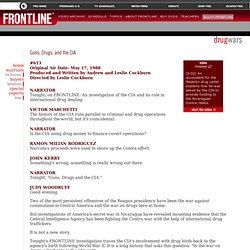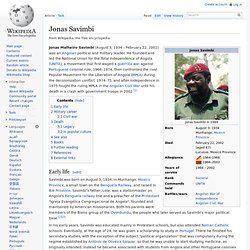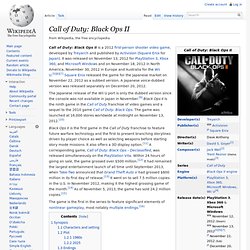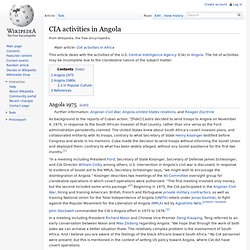

Angola Illicit Drugs, Cocaine to Western Europe & Africa. Archive - Guns, Drugs, And The Cia. #613Original Air Date: May 17, 1988Produced and Written by Andrew and Leslie CockburnDirected by Leslie Cockburn NARRATOR Tonight, on FRONTLINE: An investigation of the CIA and its role in international drug dealing.

VICTOR MARCHETTI The history of the CIA runs parallel to criminal and drug operations throughout the world, but it's coincidental. NARRATOR Is the CIA using drug money to finance covert operations? RAMON MILIAN RODRIGUEZ Narcotics proceeds were used to shore up the Contra effort. JOHN KERRY Something's wrong, something is really wrong out there. NARRATOR Tonight, "Guns, Drugs and the CIA. " JUDY WOODRUFF Good evening. Two of the most persistent offensives of the Reagan presidency have been the war against communism in Central America and the war on drugs here at home. But investigations of America's secret war in Nicaragua have revealed mounting evidence that the Central Intelligence Agency has been fighting the Contra war with the help of international drug traffickers. U.S. The World Factbook. Jonas Savimbi. Jonas Malheiro Savimbi (August 3, 1934 – February 22, 2002) was an Angolan political and military leader.

He founded and led the National Union for the Total Independence of Angola (UNITA), a movement that first waged a guerrilla war against Portuguese colonial rule, 1966–1974, then confronted the rival Popular Movement for the Liberation of Angola (MPLA) during the decolonization conflict, 1974–75, and after independence in 1975 fought the ruling MPLA in the Angolan Civil War until his death in a clash with government troops in 2002.[1] Early life[edit] Savimbi was born on August 3, 1934, in Munhango, Moxico Province, a small town on the Benguela Railway, and raised in Bié Province. Savimbi's father, Lote, was a stationmaster on Angola's Benguela railway line and a preacher of the Protestant "Igreja Evangélica Congregacional de Angola", founded and maintained by American missionaries.
Military career[edit] Civil war[edit] Savimbi's U.S. Death[edit] Legacy[edit] In popular culture[edit] Video. Call of Duty: Black Ops II. Call of Duty: Black Ops II is a 2012 first-person shooter video game, developed by Treyarch and published by Activision (Square Enix for Japan).

It was released on November 13, 2012 for PlayStation 3, Xbox 360, and Microsoft Windows and on November 18, 2012 in North America, November 30, 2012 in Europe and Australia for the Wii U.[5][6][7] Square Enix released the game for the Japanese market on November 22, 2012 as a subbed version. A Japanese voice-dubbed version was released separately on December 20, 2012. The Japanese release of the Wii U port is only the dubbed version since the console was not available in Japan in November.[9] Black Ops II is the ninth game in the Call of Duty franchise of video games and a sequel to the 2010 game Call of Duty: Black Ops. The game was launched at 16,000 stores worldwide at midnight on November 13, 2012.[10]
CIA activities in Angola. This article deals with the activities of the U.S.

Central Intelligence Agency (CIA) in Angola. The list of activities may be incomplete due to the clandestine nature of the subject matter. Angola 1975[edit] As background to the reports of Cuban action, "[Fidel] Castro decided to send troops to Angola on November 4, 1975, in response to the South African invasion of that country, rather than vice versa as the Ford administration persistently claimed. The United States knew about South Africa's covert invasion plans, and collaborated militarily with its troops, contrary to what Secretary of State Henry Kissinger testified before Congress and wrote in his memoirs.
"In a meeting including President Ford, Secretary of State Kissinger, Secretary of Defense James Schlesinger, and CIA Director William Colby among others, U.S. intervention in Angola's civil war is discussed. John Stockwell commanded the CIA's Angola effort in 1975 to 1976.[3]